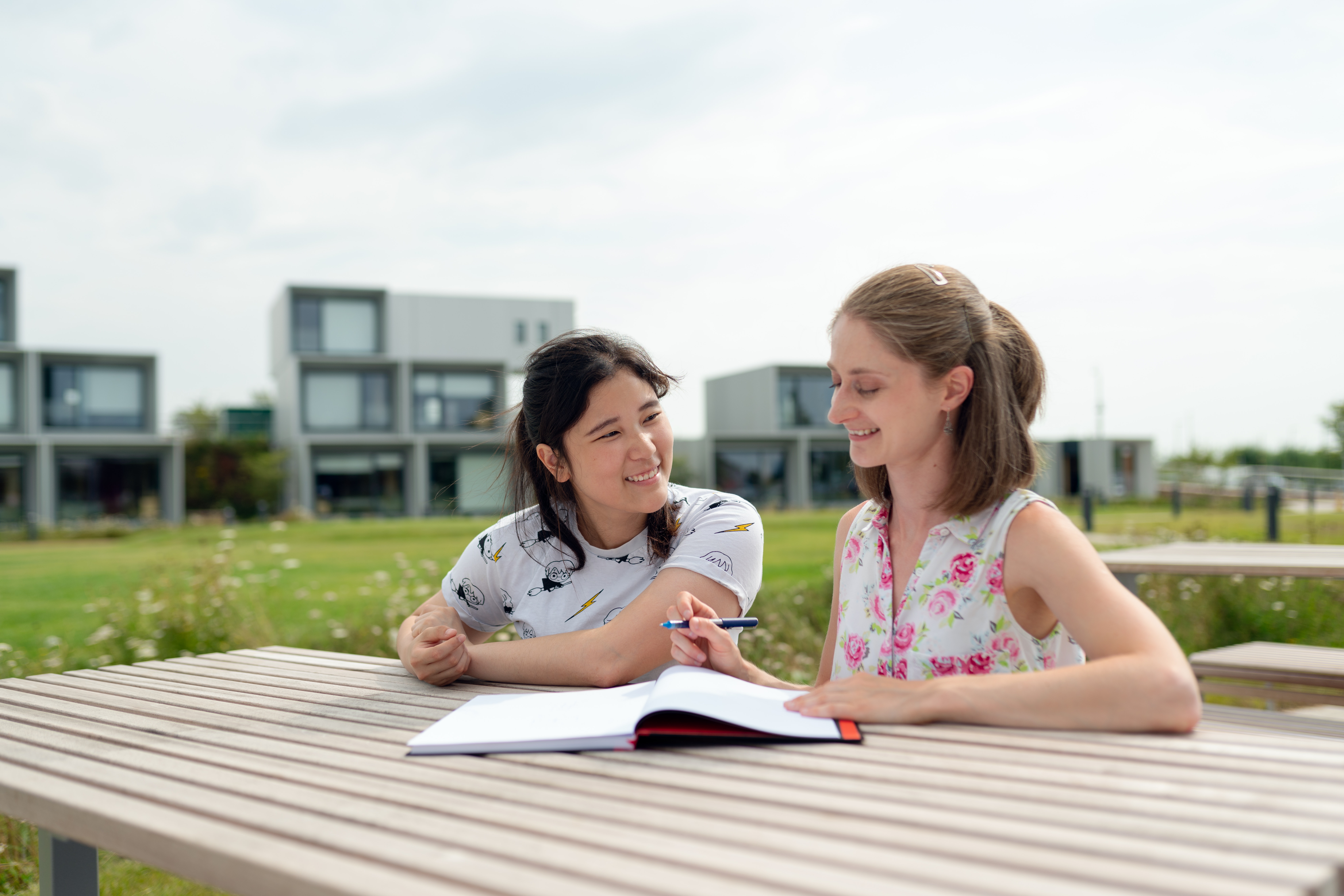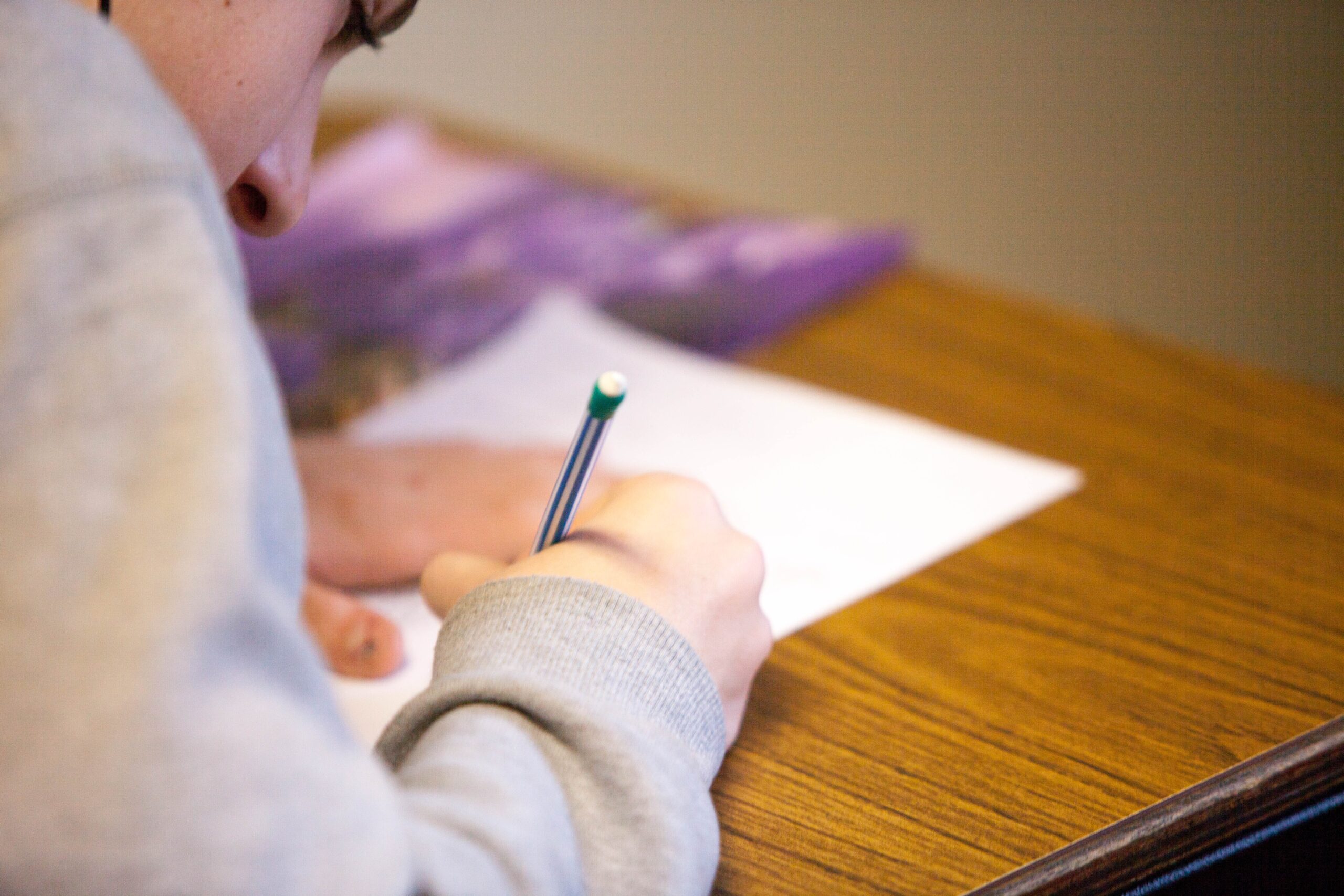Using HSC English past papers is an excellent way to prepare for your exam. Reviewing previous exams can help identify areas you need to improve on and give you an…
The prospect of creative writing tends to both excite and terrify HSC students. On the one hand, this is the chance for students to assume the role of author. They have almost full creative license on their plotline and are able to show-off their personal flair for the English language. On the other hand, however, students struggle in respect to tackling with the wide scope of stimuli and questions that could arise and in respect to the tight time frame they have for composition. Because of this, it is imperative for students to fully prepare for this section. Master coaching encourages early and comprehensive preparation for creative writing because this section of the HSC, along with reading comprehension, are least prepared for out of all sections as students to tend to favour studying content for essay writing.
So what is it that makes a good creative? Is it the plot or the writing that gain marks from markers in the HSC? The answer is both. If we consider the best English literature, it is noticeable that such texts gain their popularity from their ability to reach a middle ground between sophisticated language and captivating plotline. Master coaching encourages students to aim for the same balance. Being a reader themselves, students need to consider what about the books they like entices them. Once this is identified, students can emulate the plot and language balance in their own writing.
With that said, the limits of time and topic need to be understood when thinking of potential stories. While fantasy plot-lines are extremely popular amongst readers, there is no point in attempting to squeeze a roller-coaster fantasy or science-fiction plotline into 40 minutes of writing. There is no way that enough depth can be acquired to make the story believable or enjoyable. There is a reason that most fantasy novels are epic sagas in often more than one volume. Furthermore, the aim for a student in HSC creative writing is to demonstrate that all the techniques and forms of English that they have been studying for all those years of schooling have been absorbed and can be applied to their own work. Because of this, stories that grade highly often possess subtly integrated techniques and imaginative writing. Master coaching helps students to apply sophisticated language to their own ideas in order to create a piece that will engage their target audience; the marker.
Here are the four main things to remember when creative writing:
- Be imaginative. While writing from experience is easier to write well, do not be afraid to write from different personas, in different settings or with unusual complications. The aim is to set your creative writing apart from everyone else’s.
- Keep it simple. The creative writing section is only 40 minutes in length. Because of this lots of students try to do too much in their stories resulting in a rushed plot-line and unengaging characters. The way to combat this is with simplicity. Limit yourself to a narrow setting(s), few characters and only a small number of key events which then you can write about well.
- Something has to happen. In attempting to keep the scope of the story small, students encounter the problem that their story becomes merely a description. For a narrative to be considered a narrative something has to happen whether that be an event, a complication or a transition.
- Answer all aspects of the question. Finally, the focus of your creative writing must be the area of study topic; in this case discovery. A major problem faced by some students is that they see the stimulus provided in the question and launch straight into their story. It is imperative that all of the question is read. This is because it tends to specify an area of discovery that the creative writing piece must deal with or refer to.

HSC English Tutors
Master Coaching offers one on one tutoring for HSC English. We are located in Hurstville, Sydney, and also offer online tutoring for students across NSW.


